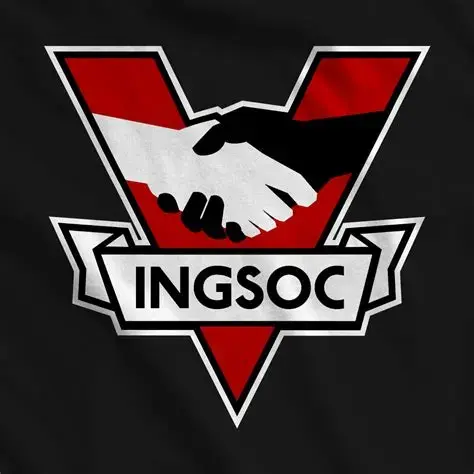The EU has announced a guiding framework that will make it possible to set up what the bloc calls “Hybrid Rapid Response Teams” which will be “drawing on relevant sectoral national and EU civilian and military expertise.”
These teams will be created and then deployed to counter “disinformation” throughout the 27 member countries – but also to what Brussels calls partner countries. And Ireland might become an “early adopter.”
For a county to apply, it will first need to feel it is under attack by means of “hybrid threats and campaigns” and then request from the EU to help counter those by dispatching a “rapid response team.”
The EU is explaining the need for these teams as a result of a “deteriorating security environment, increasing disinformation, cyber attacks, attacks on critical infrastructure, and election interference by malign actors” – and even something the organization refers to as “instrumentalized migration.”
The framework comes out of the EU Hybrid Toolbox, which itself stems from the bloc’s Strategic Compass for Security and Defense.
Mere days after the EU made the announcement last week, news out of Ireland said that the Department of Foreign Affairs welcomed the development, stating that they will “now begin on operationalizing Ireland’s participation in this important initiative.”
The department explained what it sees as threats – there’s inevitably “disinformation,” along with cyber attacks, attacks on critical infrastructure, as well as “economic coercion.”
Ireland’s authorities appear to be particularly pleased with the EU announcement given that the country doesn’t have a centralized body that would fight such a disparate range of threats, real or construed.
The announcement about the “reaction teams” came from the Council of the EU, and was the next day “welcomed” by the European Commission, which repeated the points the original statement made about a myriad of threats.
The Hybrid Rapid Response Teams which have now been greenlit with the framework are seen as a key instrument in countering those threats.
Other than saying that the EU Hybrid Toolbox relies on “relevant civilian and military expertise,” the two EU press releases are short on detail about the composition of the future teams that will be sent on “short-term” missions.
However, it revealed that “rapid deployment to partner countries” will be made possible through the Emergency Response Coordination Center (ERCC) as the scheme’s operational hub.


